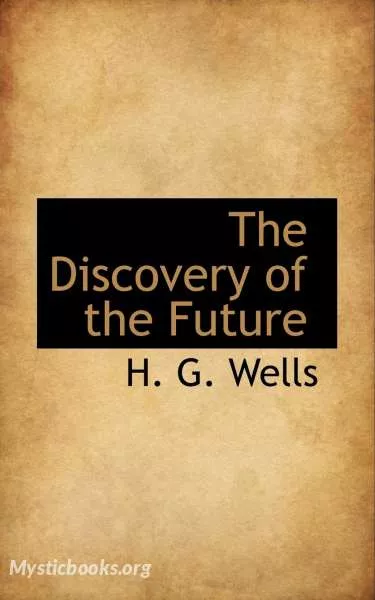
The Discovery Of The Future
by H. G. Wells
'The Discovery Of The Future' Summary
Wells begins by distinguishing between "two divergent types of mind," one that judges and attaches importance principally to what has happened in the past and one that judges and attaches importance principally to what will happen in the future. To the former he attributes the adjectives "legal or submissive," "passive," and "oriental," and to the latter the adjectives "legislative, creative, organizing, or masterful," and "active," calling it "a more modern and much less abundant type of mind."
Observing that these two minds reach "divergent and incompatible consequences" in the spheres of morality and public affairs, Wells analyzes the reasons for which the past-oriented mind predominates and asserts that this is principally due to the evidently greater knowability of the personal past as compared to the future. But he argues that the inference from this attitude that the future is essentially unknowable does not square with "modern science, that is to say the relentless systematic criticism of phenomena." Not only has science made us knowledgeable about a distant, impersonal past, it also regards the ability successfully to predict to be a criterion of validity. Though the unpredictability of human behavior complicates the problem, the fact that "as individuals increase in number they begin to average out" means that "an inductive knowledge of a great number of things in the future is becoming a human possibility." Confessing himself to be among "those who believe entirely in the forces behind the individual" rather than in individuals themselves as determining causes, Wells argues that there is "no reason why we should not aspire to, and discover and use, safe and servicable, generalizations upon countless issues in the human destiny." But personal prophecy and fortune-telling will never be possible; "the knowledge of the future we may hope to gain will be general and not individual."
Wells devotes the last part of his text to speculations about "the question what is to come after man," considering it "the most persistently fascinating and the most insoluble question in the whole world." He concludes with a statement of personal faith "in the coherency and purpose in the world and in the greatness of human destiny."
Book Details
Language
EnglishOriginal Language
United KingdomPublished In
1902Authors
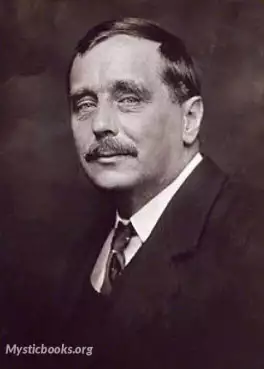
H. G. Wells
England
He was most prominent as a forward-looking, even prophetic social critic who devoted his literary talents to the development of a progressive vision on a global scale. A futurist, he wrote a number of...
Books by H. G. WellsDownload eBooks
Listen/Download Audiobook
- Select Speed
Related books
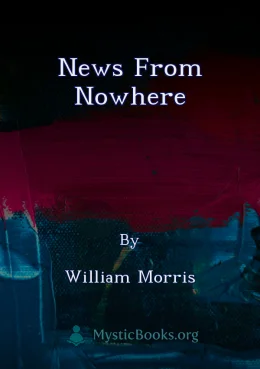
News From Nowhere by William Morris
News from Nowhere is a utopian novel that imagines a future society based on socialism and common ownership. Set in a world without private property,...
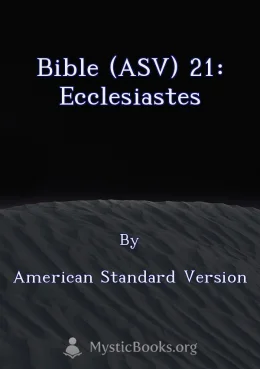
Bible (ASV) 21: Ecclesiastes by American Standard Version
Ecclesiastes (or The Preacher) is the twenty-first book of The Bible. The author of this book is unknown but is considered by many biblical scholars t...
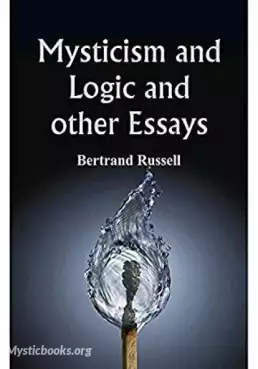
Mysticism and Logic and Other Essays by Bertrand Russell
This anthology collects a number of fascinating strands of Bertrand Russell's thought. "Mathematics and the Metaphysicians" details the impact of the...
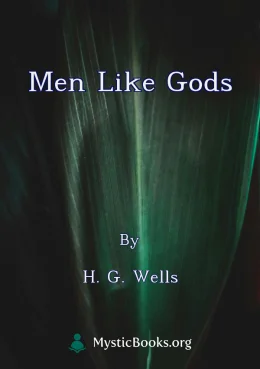
Men Like Gods by H. G. Wells
In H.G. Wells's *Men Like Gods*, a journalist named Mr. Barnstaple finds himself unexpectedly transported 3,000 years into the future. He arrives in a...
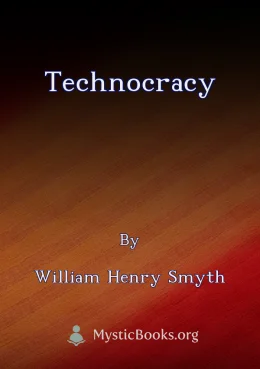
Technocracy by William Henry Smyth
William Henry Smyth's "Technocracy" explores the concept of a government run by technical experts. The book examines the potential benefits and drawba...
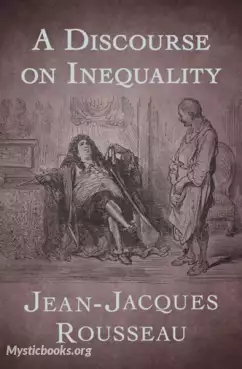
Discourse on Inequaliy by Jean-Jacques Rousseau
Discourse on the Origin and Basis of Inequality Among Men also commonly known as the "Second Discourse", is a 1755 work by philosopher Jean-Jacques Ro...
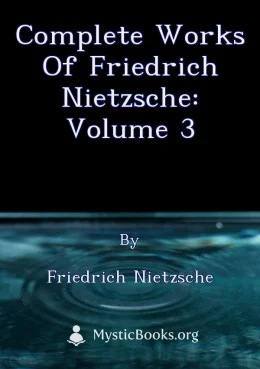
Complete Works of Friedrich Nietzsche: Volume 3 by Friedrich Nietzsche
This volume of Nietzsche's collected works delves into themes of classical thought, education, and cultural critique. It features a series of essays a...

Thomas Hobbes by A. E. Taylor
This work is a look at the life and ideas of Thomas Hobbes, English philosopher of the seventeenth century. The most important ideas are found in his...

A Theologico-Political Treatise by Benedict de Spinoza
Written by the Dutch philosopher Benedictus Spinoza, the Tractatus Theologico-Politicus (TTP) or Theologico-Political Treatise was one of the most con...

The Logic of Hegel by Georg Wilhelm Friedrich Hegel
In "The Logic of Hegel" by the renowned philosopher Georg Wilhelm Friedrich Hegel, embark on a profound intellectual journey through the intricate lab...
Reviews for The Discovery Of The Future
No reviews posted or approved, yet...